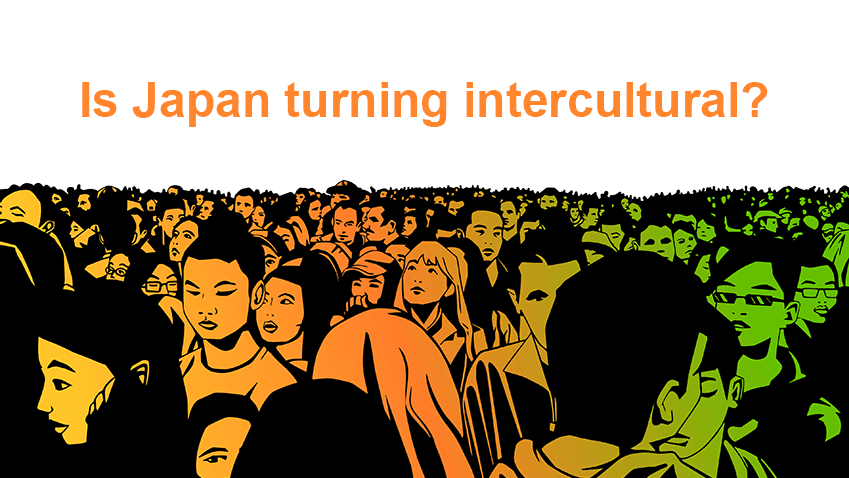The Japanese Ministry of Internal Affairs and Communications, which is in charge of local government, produced a report on good practices of intercultural cohesion at the local level in March 2017. The report was drafted by a group of nine experts on migrant integration, chaired by Professor Yamawaki Keizo of Meiji University. Prof. Yamawaki is a leading expert on migrant integration and intercultural policy in Japan.
The report introduces 52 good practices by local governments, NGOs and businesses in the fields of education, employment, housing, disaster prevention and other areas throughout Japan. There are also practices focusing on the contribution of foreign residents to local communities. The report also offers an overview of local practices in foreign countries, and the Council of Europe’s Intercultural Cities Programme.
There has been an increasing interest in the Intercultural Cities Programme in Japan since 2012, when the first summit meeting of European and Asian intercultural cities was organized in Tokyo by the Japan Foundation and the Council of Europe. One of the participants was Mayor Suzuki Yasutomo of Hamamatsu City, who organized the second summit in Hamamatsu late in the same year. In 2013, Hamamatsu issued its first Intercultural City Vision, which was the first such document, not only in Japan, but also in Asia. Hamamatsu is also a leading city in the national network of 25 municipalities with a large foreign population, and in 2015 the network revised its statute to promote an intercultural policy so that they could realise the benefits of diversity.
In 2016, Tokyo Metropolitan Government also issued its first guidelines for intercultural cohesion. Tokyo, which is the host city of Olympic and Paralympic Games in 2020, aims to build an intercultural city where all residents regardless of nationality or ethnicity can play an active role in its development. In the annex of the guidelines they introduce the Intercultural Cities Programme and also some good practices of foreign cities, which include intercultural cities, such as London Lewisham, Berlin Neukoelln and Oslo.
This year there will be another “intercultural” development beside the Ministry’s report. Hamamatsu City has announced its intension to join the Intercultural Cities Programme during this year. If they do, it will become the first Asian city to join the network.
Although in Japan the national government is known to be very cautious about immigration and lacks a comprehensive integration policy, some local governments have taken policies to promote intercultural cohesion and embrace diverse population. With aging and declining population, more cities and towns look set to embrace diversity so that they can revitalize its economy as well as its community.




